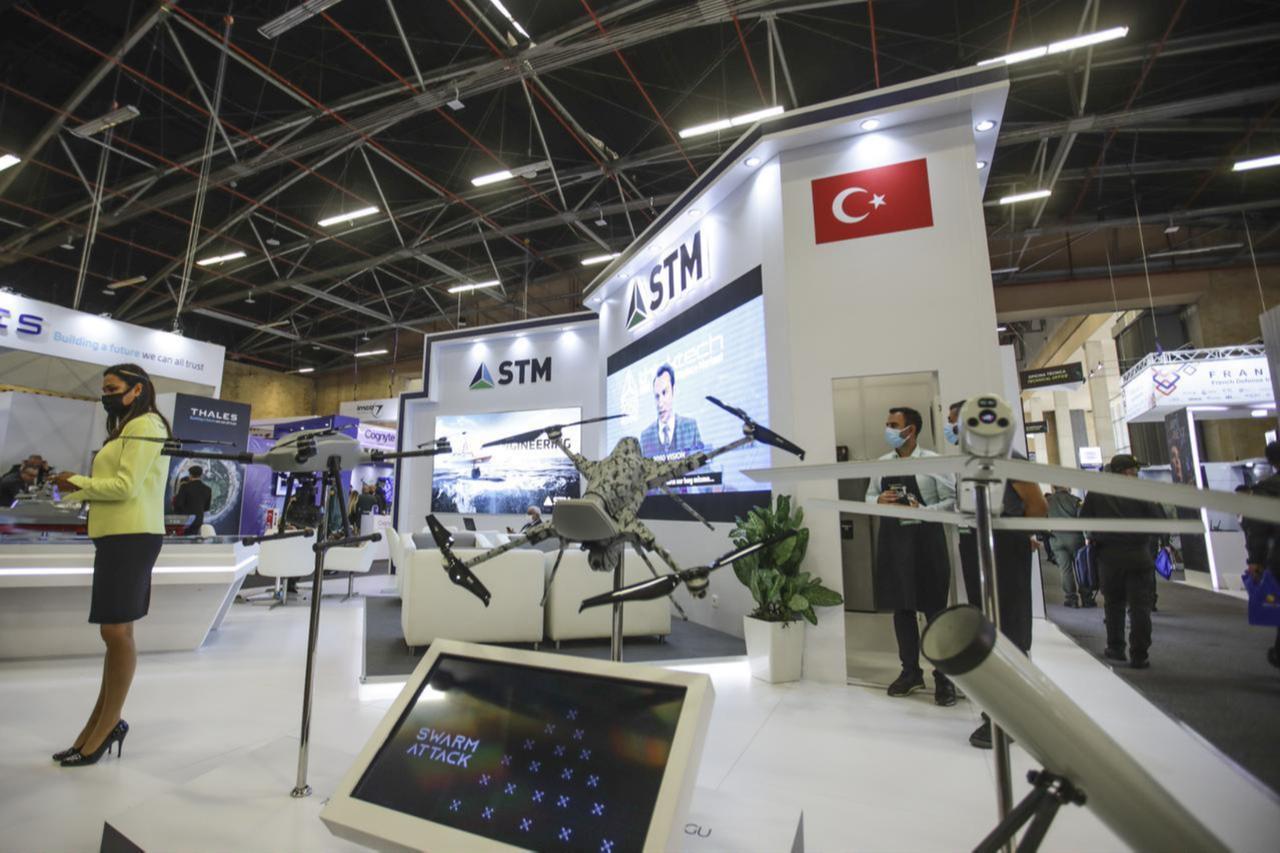
Turkish defense company STM has achieved 80% domestic production in its latest I-Class frigate and exported its KARGU kamikaze drones to more than 10 countries across three continents, company CEO Ozgur Guleryuz announced at Teknofest Istanbul on Saturday.
Speaking at the state-run Anadolu Agency (AA) Technology Desk at Istanbul Ataturk Airport, Guleryuz revealed that STM generates approximately 65% of its revenue from exports while advancing autonomous systems and naval platforms with domestic solutions.
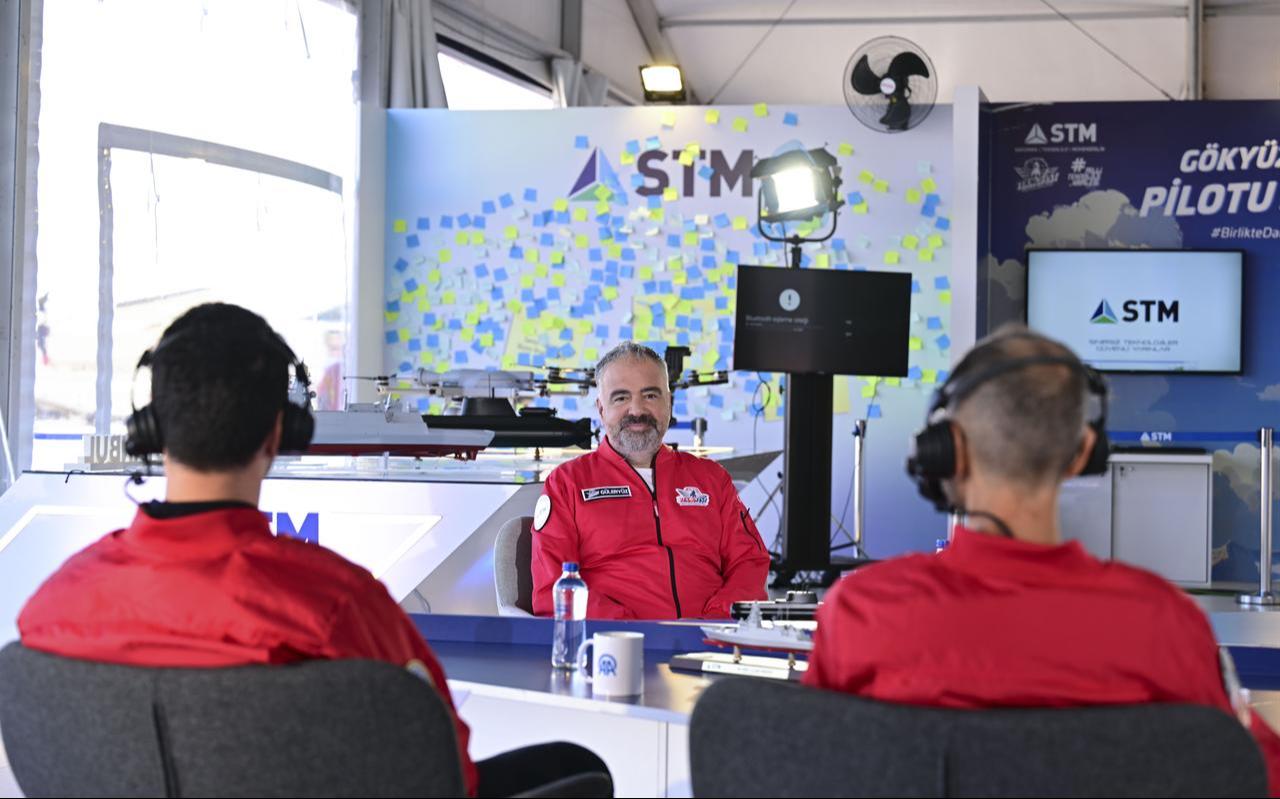
"In our last corvettes, domestic content reached up to 75%. In TCG Istanbul, the first ship of the I-Class Frigate, we reached 80%," Guleryuz said.
"Currently, as a TAIS-STM partnership, we are producing seven more I-Class Frigates for our Naval Forces on a very challenging schedule, almost in parallel," he noted.
The company's naval projects extend beyond Türkiye's borders. STM is currently:
"When you look at it, this is our country's first military maritime export to a NATO and European Union member country. We think it's really critical for us," Guleryuz stated.
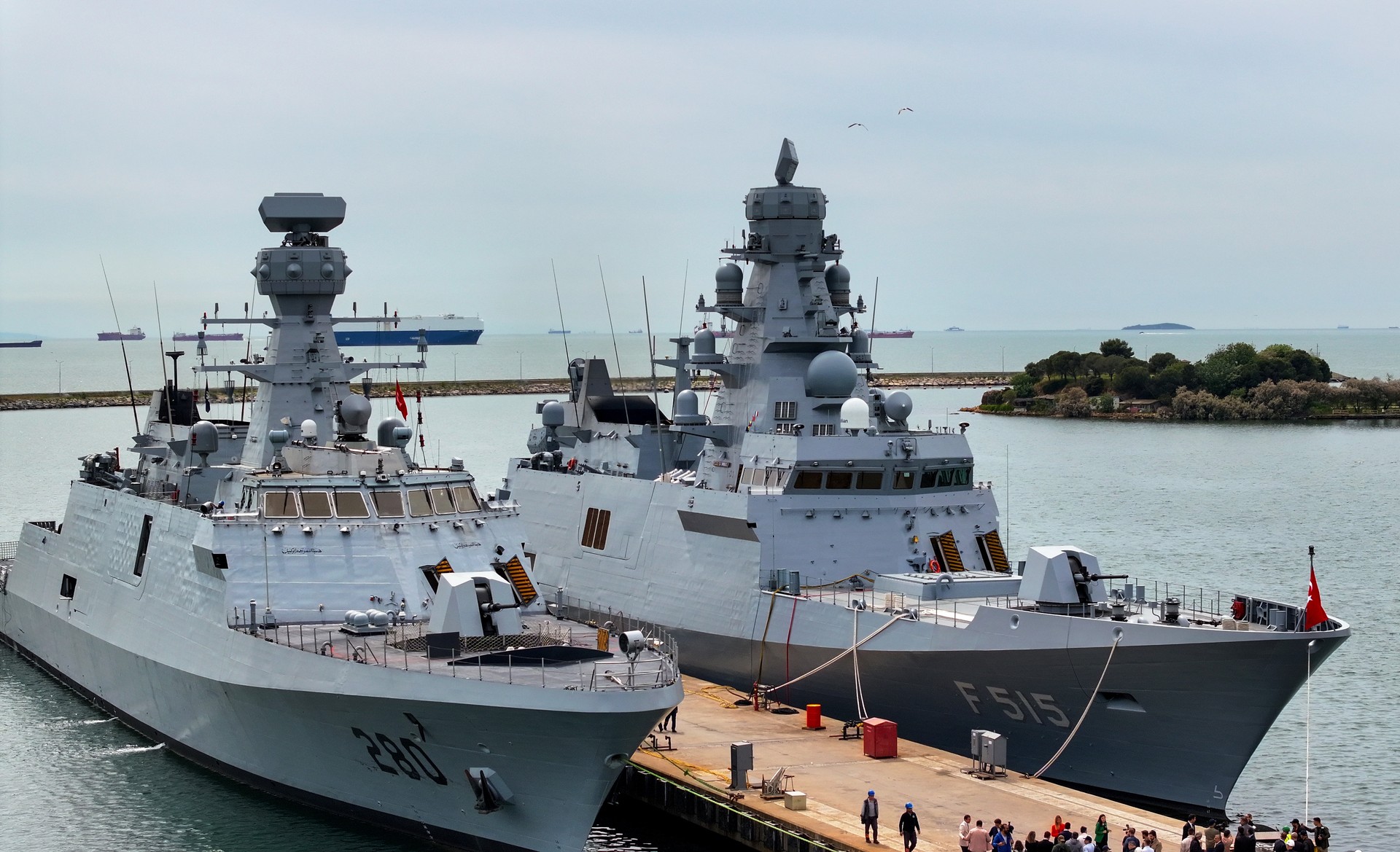
STM's KARGU kamikaze drone, Türkiye's first domestically designed and produced kamikaze drone, has achieved significant international success.
"KARGU is currently exported to more than 10 countries. It successfully performs its mission in three continents, in very different geographies," Guleryuz said, adding, "We continuously improve KARGU and add new capabilities based on feedback from the field."
The executive emphasized that STM products have proven themselves in environments with intense electronic warfare. The company continues developing its drone family, including ALPAGU, TOGAN, and BOYGA systems.
The company recently demonstrated swarm technology capabilities with six KARGU drones operating together to complete a single mission.
Guleryuz said these capabilities will be maintained on an ongoing basis.
He noted that swarm concepts combining unmanned aerial, ground, and naval vehicles will become increasingly widespread.
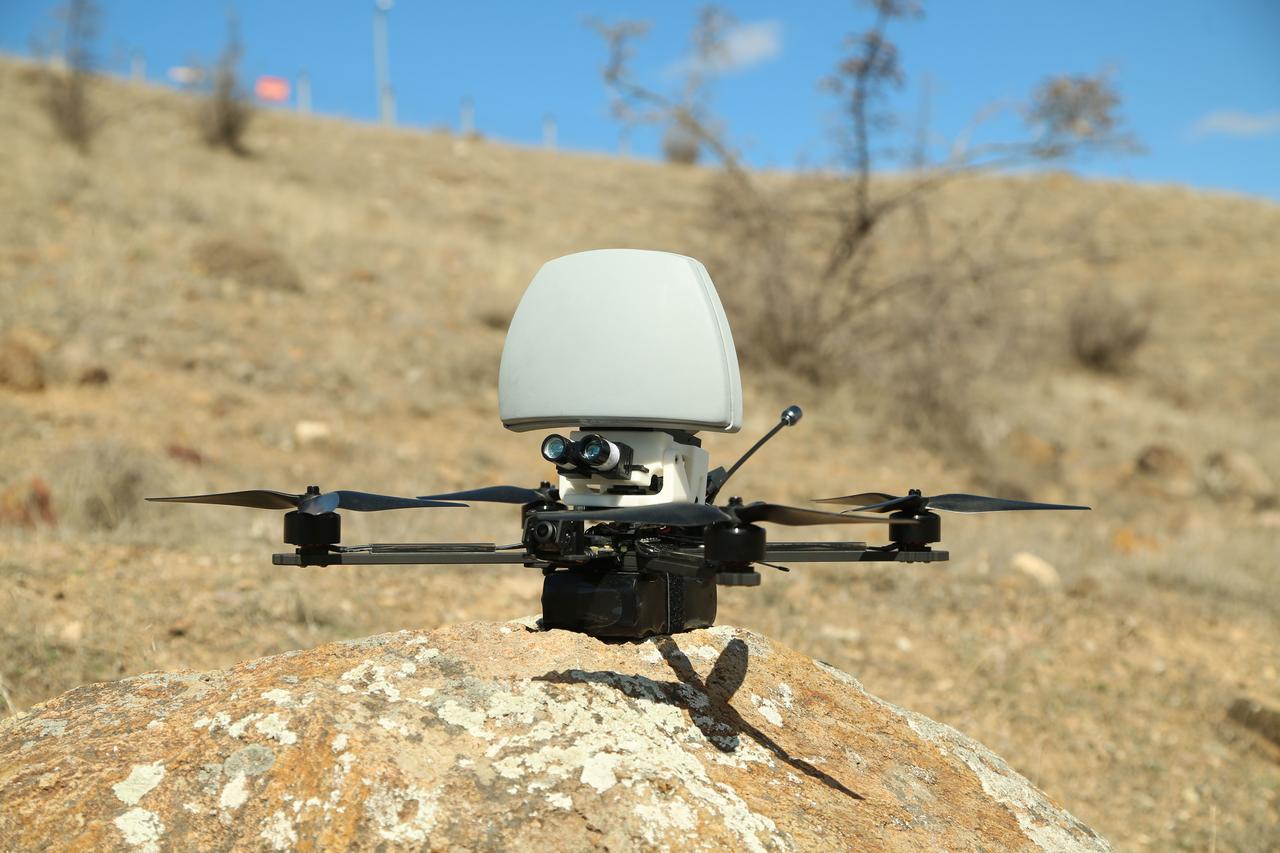
STM is expanding into underwater autonomous systems with its NETA 300 platform, addressing what Guleryuz described as a significant gap in the global market.
"NETA can stay in water for more than 24 hours. It can perform missions up to quite long ranges. It can perform its mission up to depths of 300 meters as pre-planned," he explained.
The system features advanced sonar systems, sensor systems, and camera systems for mine detection and disposal, critical facility security, search and rescue operations, and reconnaissance missions.
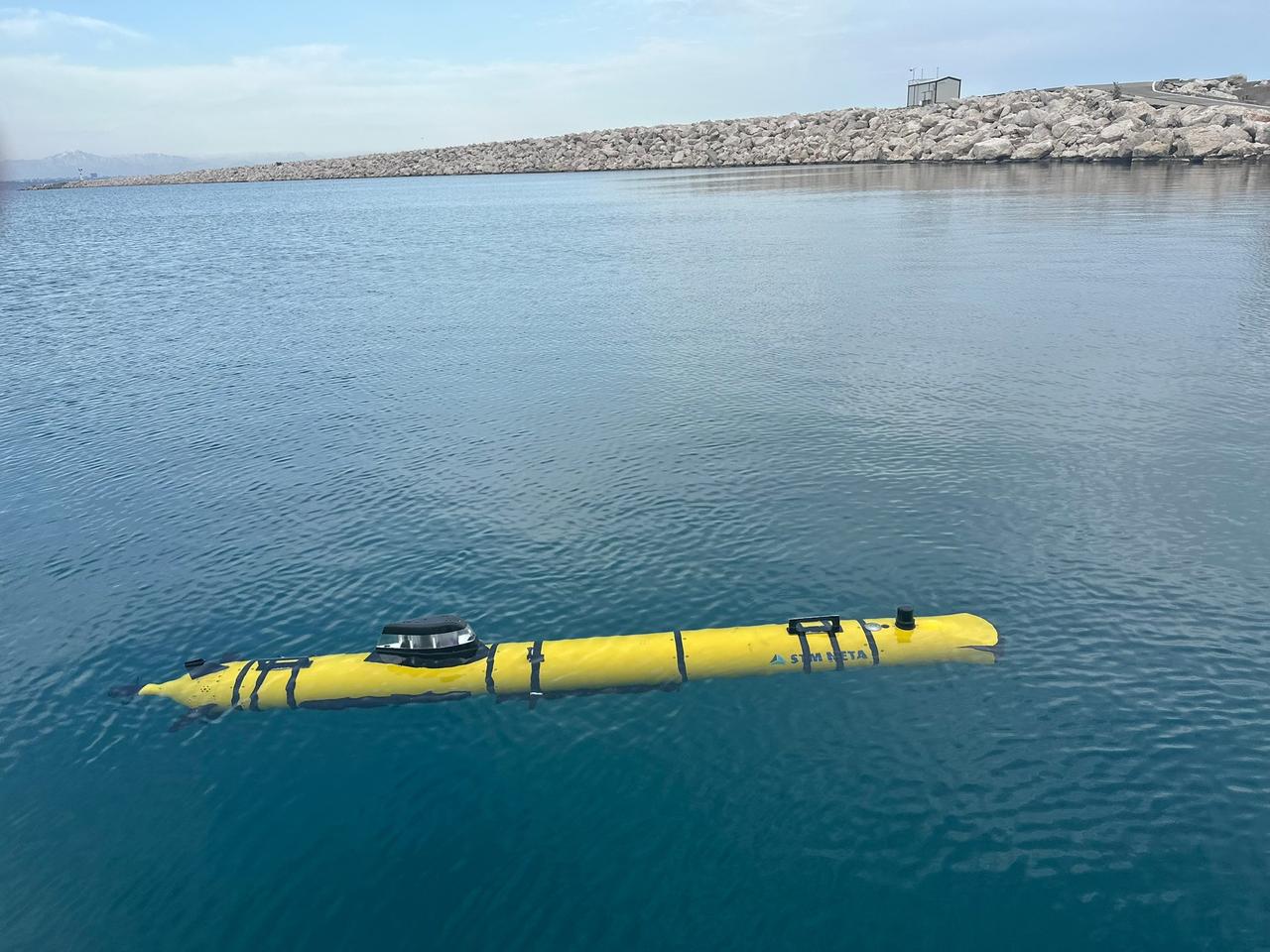
STM has designed the STM500 submarine using its own resources, demonstrating Türkiye's engineering capability in this complex field.
"The number of countries that can produce their own submarines is really quite limited. A submarine is a complex system at the same level as a spacecraft," Guleryuz noted.
"With the STM500, we have shown that our country can design its own submarine with national engineering power," he added.
The company serves as the lead partner in modernization projects for Türkiye's Preveze and Gur class submarines and has delivered two modernized French-built submarines to Pakistan, with a third currently in progress.
STM has extensive experience with NATO projects, having developed the strategic-level air command and control software AirC2IS and the Afghan Mission Network Integration Core, which entered service in 2014.
"Our software is still being used very actively in NATO, and requests for needs continue," Guleryuz said. The company also won contracts to update NATO's INTEL-FS intelligence subsystem module, with work beginning in 2022.
Addressing growing cybersecurity concerns, Guleryuz emphasized the critical nature of platform security as systems become increasingly remote-controlled.
“Cybersecurity is essential today,” he said. “Through STM ThinkTech, we publish reports, track global trends and developments, and work on how best to warn our citizens about potential issues.”
STM established the Turkish Armed Forces' Cyber Defense Center and continues working on integrating more domestic systems in the project's second phase.
Guleryuz highlighted that STM's export success benefits the broader Turkish defense ecosystem.
He explained that more than 200 Turkish companies contribute systems and products to a single ship, and with subcontractors included, as many as 750 companies are involved in exports.
The executive stressed the importance of domestic production, noting that reliance on foreign technology may not always be possible and that Türkiye must retain the capability to produce critical systems nationally, even when imports appear more economical.